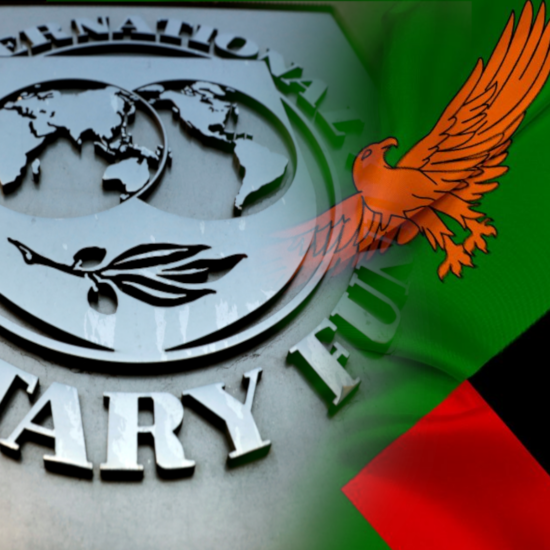
Zambia will today on Friday the 13th of November hold a meeting to decide on the fate of the Country’s proposal for debt repayment holiday on the 3 billion of outstanding dollar bonds.
In October 2020, Zambia missed paying coupon of US$42.5 million on its 1 billion dollar bonds due in 2024 and was given a 30-day grace period. Coincidentally the date of committee’s decision and the date of the end of the grace period for coupon payment fall today on Friday the 13 of November 2020.
According to Infomation made available to Zambia business Times-ZBT by Jesuit Center for Theological Reflection – JCTR Executive Director, Father Alex Muyebe, “the JCTR hopes for a positive outcome, however, the question is, What if Zambia defaults on its sovereign debt?
Muyebe explained “it is worth pointing out that Zambia has an obligation to repay its debt. If the committee rejects the Zambian government’s proposal for debt, irrespective of whether the proposal for debt repayment holiday is granted or not.”
He added that, the minister of finance, Hon. Dr Bwalya Ng’andu has assure the nation of Zambia’s commitment to not default on its sovereign debt. Muyebe said that, if the Zambian government’s proposal to defer the payments, it entails the coupon is due for payments on the 13th of November, 2020.
Furthermore, he said that with the already strained fiscal space, government must pay the US$42.5 million and if not, Zambia would have defaulted. Muyebe explained that a default on Zambia’s sovereign debt entails that the country is blacklisted and this bears implications on political, economic and social development. He also added that there will be increased interest repayments as penalties, disrepute on Zambia’s credit-worthness, and reduction in credit ratings.
Muyebe disclosed that, the government needs to pull resources from various funds for finance activities which would further weaken fiscal space and that it may lead to non-availabilty of funding for local development projects and wage freeze for civil servants.
He said that,” JCTR encourages the government to seriously dialogue with the bondholders of find a lasting solution to debt restricting. Primarily, JCTR’s concern is with the effects of debt burden and debt defaults on ordinary citizens, especially the poor, the marginalized and the vulnerable.
But the recent depreciation of the Kwacha which has breached the K21 per US$ perhaps suggests that the government may have been buying up the dollar in anticipation of this day. Some of the Euro bond holders have been hesitant to agree a moratorium on repayment even when major lenders and economies have been agreeing to these arrangements due to mostly the COVID pandemic which has exacerbated the socio-economic challenges globally.







